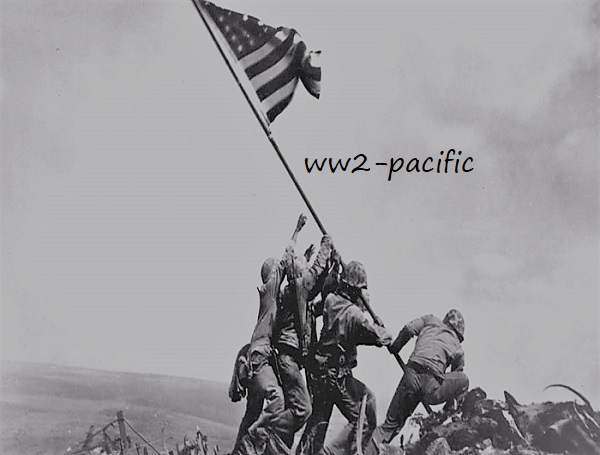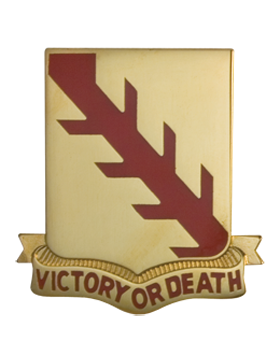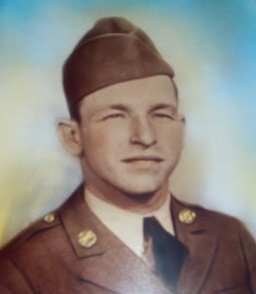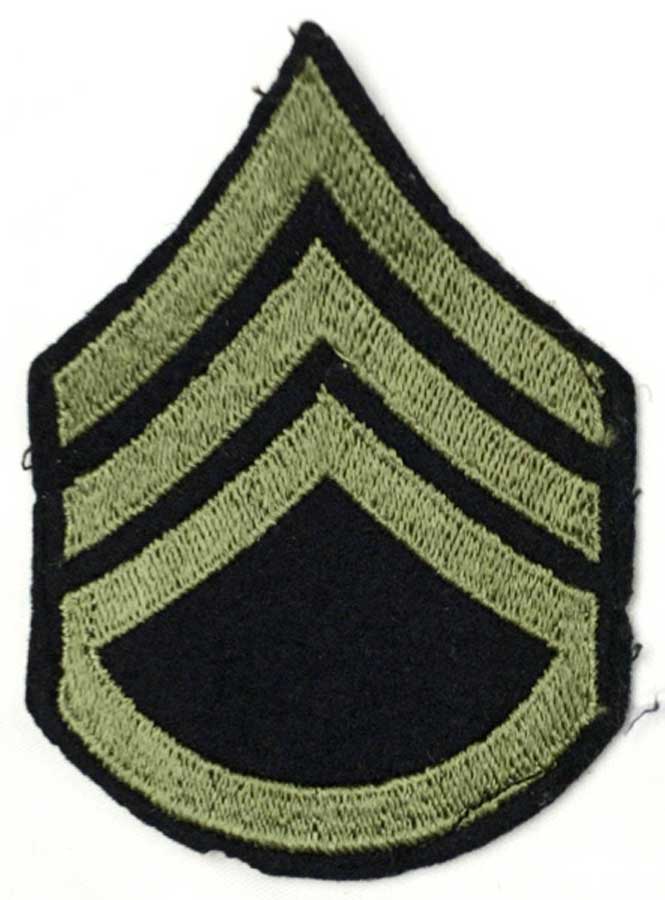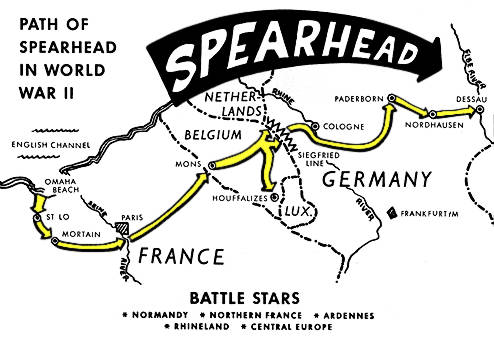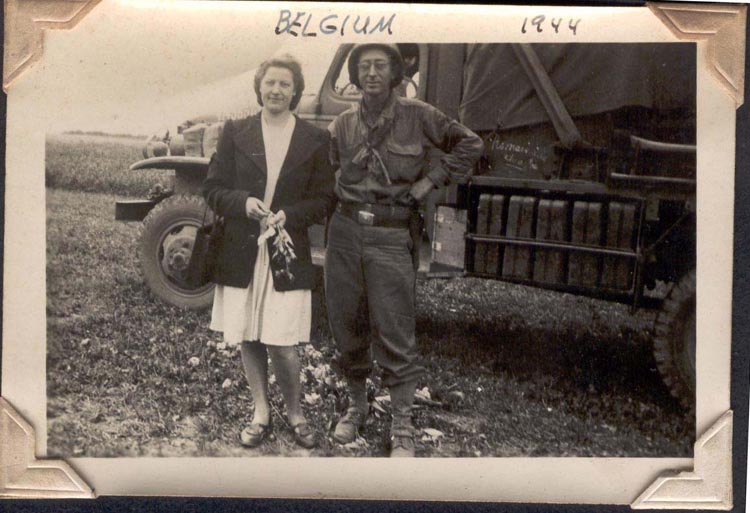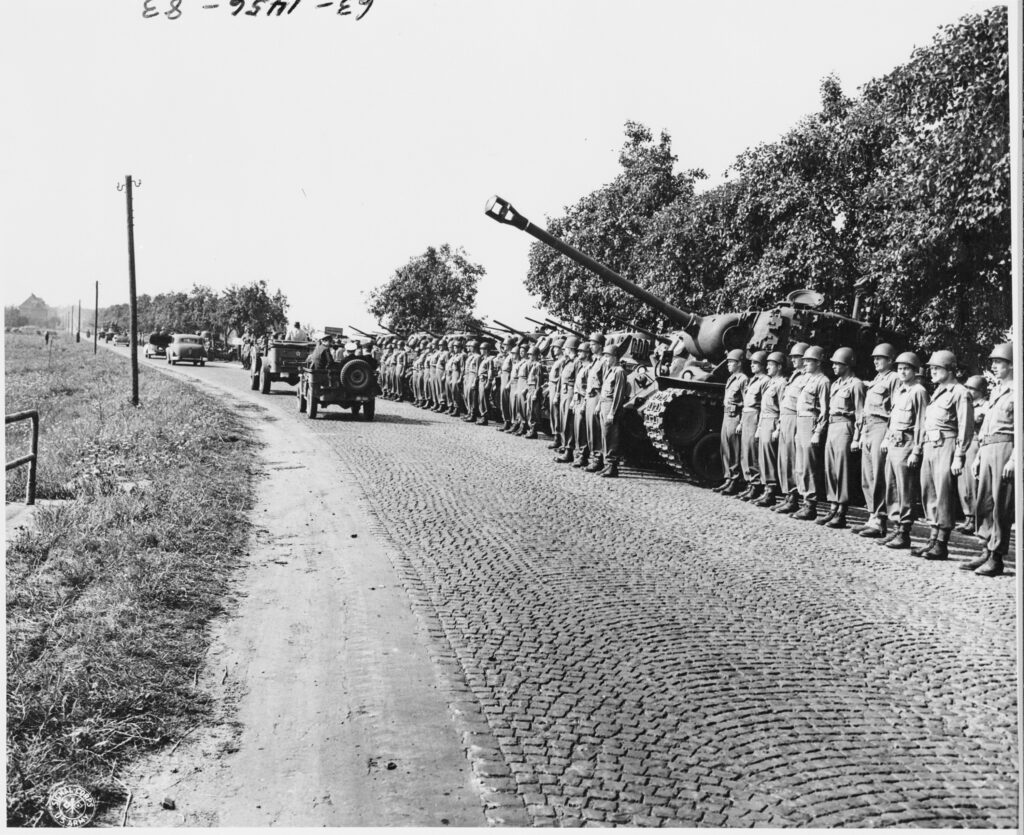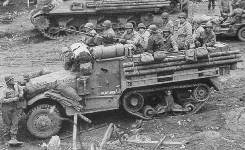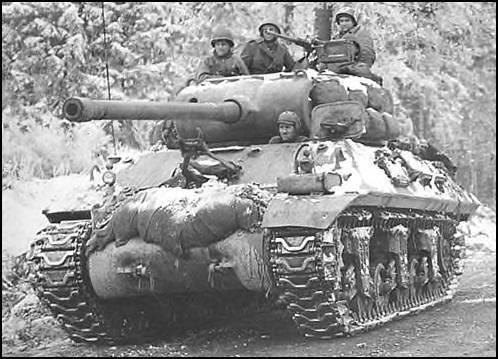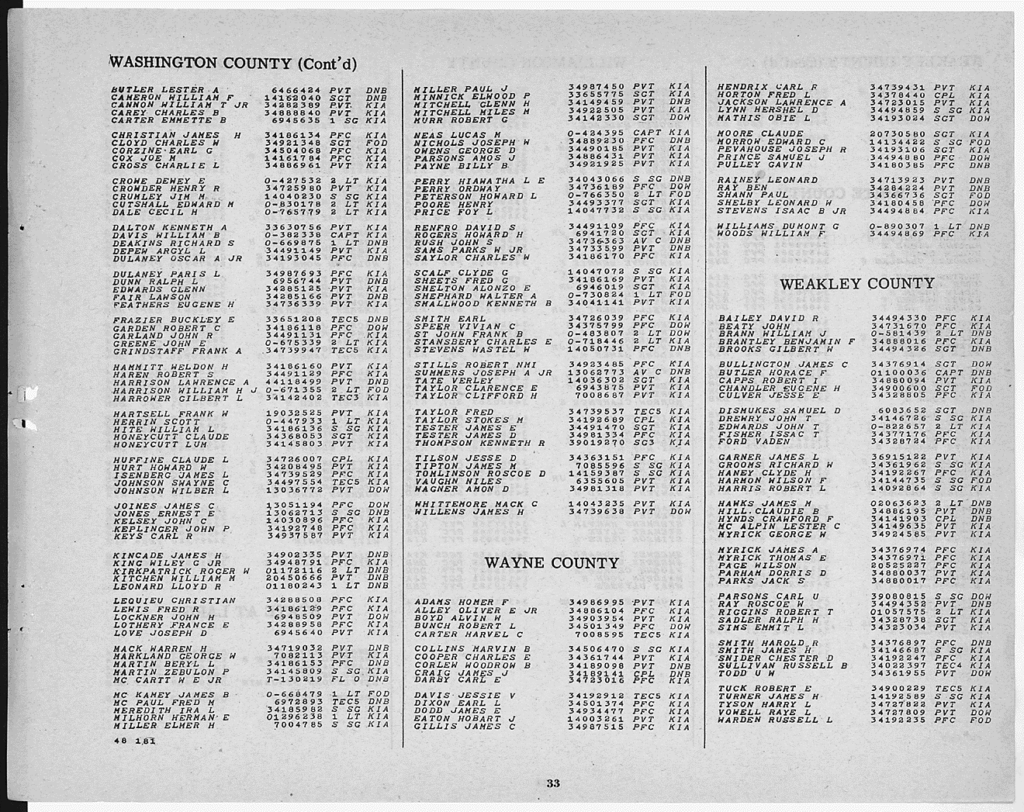Rank and Name, Staff Sergeant Clyde Gardley Scalf.
Unit/Placed in, 32th Armored Regiment (Maintenance Comp.), 3th Armored Division “Spearhead”.
Clyde was born approx. on Jan. 29, 1917 in Washington County, Tennessee.
Father, Elbert Sevier Scalf.
Mother, Rosa Bell Scalf (Carrol).
Sisters, Carrol J. Scalf.
Wife, Cracie L. Scalf (Hayes).
Son, Clyde Gardley Scalf Jr.
Clyde enlisted the service at Georgia with serial number # 14047072.
Clyde G. Scalf was a Tank-Commander in the 3th Armored Division.
Clyde was KIA during the Battle for Mons when his tank was hit by artillery on Sep. 3, 1944, he is honored with the Purple Heart, Good Conduct Medal, American Campaign Medal, Army Presidential Unit Citation, European-African-Middle Eastern Campaign Medal, WWII Victory Medal.
Clay was first buried at Henri-Chapelle American Cemetery and Memorial, Henri-Chapelle, Arrondissement de Verviers, Liège, Belgium.
Clyde is reburied in 1949 at Fair View Cemetery, Leitchfield, Grayson County, Kentucky, USA.
Thanks to http://www.3ad.com/
https://www.familysearch.org/tree/person/details/L2RW-JH8
Jean Louis Vijgen, ww2-Pacific.com ww2-europe.com
Air Force Info, Rolland Swank.
ABMC Website, https://abmc.gov
Marines Info, https://missingmarines.com/ Geoffrey Roecker
Seabees History Bob Smith https://seabeehf.org/
Navy Info, http://navylog.navymemorial.org
POW Info, http://www.mansell.com Dwight Rider and Wes injerd.
Philippine Info, http://www.philippine-scouts.org/ Robert Capistrano
Navy Seal Memorial, http://www.navysealmemorials.com
Family Info, https://www.familysearch.org
WW2 Info, https://www.pacificwrecks.com/
Medals Info, https://www.honorstates.org
Medals Forum, https://www.usmilitariaforum.com/
Find a Grave, https://www.findagrave.com
Tank Destroyers, http://www.bensavelkoul.nl/
WordPress en/of Wooncommerce oplossingen, https://www.siteklusjes.nl/
Military Recovery, https://www.dpaa.mil/
The Battle of Mons
The second great battle for Mons was not anticipated by either the Wehrmacht or the American First Army, and yet it probably decided the outcome of future battles more profoundly than had any previous action, with the exception of Mortain and Argentan-Falaise, in which the 3rd Armored Division had been engaged. Briefly, an estimated 30,000 German troops, attempting a mass retreat to the fortifications of the Siegfried Line, were met at Mons by the 3rd, cut to pieces, and further mauled by the following 1st Infantry Division. Their organization shattered and without proper communication, this huge force blundered into the road blocks of General Rose’s armor during the early morning hours of September 3. The debacle that followed was complete and, as a result, the Siegfried Line never received its full complement of defending troops.
The “Spearhead” Division alone captured nearly 10,000 enemy soldiers at Mons, and killed many more. The 1st Infantry Division, supporting the armor, captured 17,000 after the 3rd had moved forward again upon the order of Major General Collins. Probably never before in the history of warfare has there been so swift a destruction of such a target force. This entire German corps, a part of the Seventh Army, dwindled to nothing in approximately three days!
At Mons, as at Fromentel, there was no such thing as “rear echelon” in the 3rd Armored Division. Headquarters, trains and supply troops fought heavy actions alongside the combat infantry, the tanks, tank-destroyers and the artillery of the command. There were no non-combatants.
American air reconnaissance first observed the approaching enemy columns, and Thunderbolts promptly went to work with bombs and strafing attack. The German convoy, which appeared to be miles in length, headed straight for Mons and the shortest way back to the Siegfried Line. Instead, it ran into the road blocks of the 3rd and there foundered in blood and destruction such as few German armies had seen before.
The chaos was complete. A platoon of tank-destroyers, commanded by Captain Bill Smith, destroyed 20 vehicles in one six hour period. His gunners, Cpl. Victor Borek, and Cpl. Frank Karpinski, sent round after round of high explosive and 3-inch armor piercing shells through the successive German vehicles. Infantrymen and engineers herded the enemy in droves, committed them to PW pens if they were willing to surrender, or mowed them down ruthlessly if they chose to fight.
There was no front line at Mons. The smoke and crash of battle was everywhere. A wire crew of the 143rd Armored Signal Company ambushed and destroyed a German half-track. The section, let by Cpl. Francisco Bolla, used their communications system to good advantage. T/5 John E. Kelley spotted the Jerry vehicle first, but it had already passed his line of fire. Grabbing a phone, Kelley called the next post and shouted: “German halftrack loaded with Krauts heading your way!”
“Okay,” came the reply – “chalk him up.”
The German troops opened up with all arms as they neared the second wire outpost, but Pvt. Leonard Ethridge and Pvt. Stanley R. Presgrave fired the careening half-track with their .50 caliber ground mount. Few of the enemy escaped.
Many more of the signal company’s men were with the Division’s Forward Echelon and Headquarters Company at Mons, when the group earned a Distinguished Unit Citation for its considerable part in the victory. The ostensibly “rear echelon” troops (and they were never rear echelon in the “Spearhead” Division) cut to pieces a German attack which threatened to overwhelm them.
As though drawn to the city by a fatal fascination, German troops kept pouring in to 3rd Armored Division road blocks. Tanks and tank-destroyers enjoyed a brief field day, the crews firing their big guns until the tubes smoked. 1st Lieutenant Vernon Dingley and Sergeant Tony Bocchino brought their big Sherman, ELIMINATOR, into a short battle which saw the destruction of five 170 mm artillery pieces, one 88mm dual purpose gun, and 125 motorized and horse drawn vehicles. Artillerymen blasted the confused columns with direct fire from their 105mm self-propelled guns.
